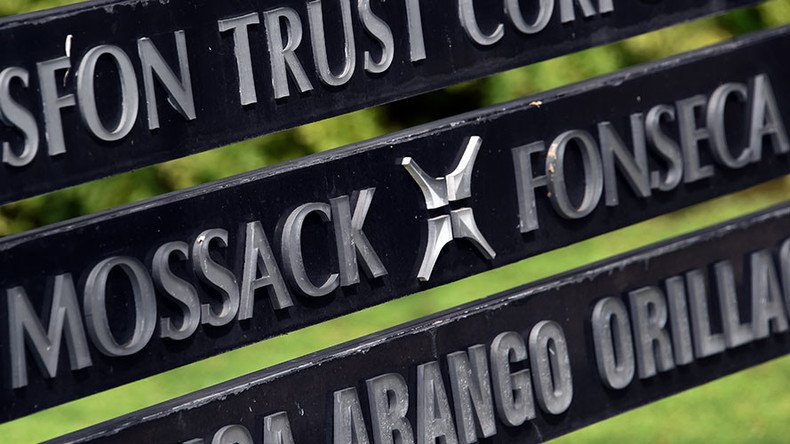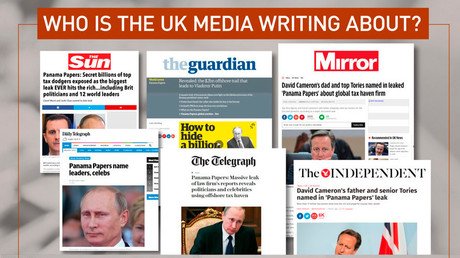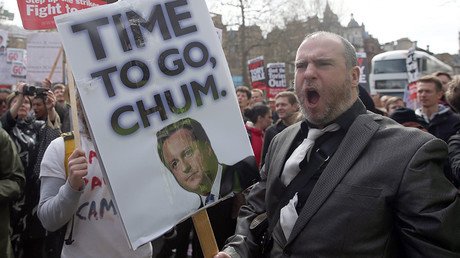Panama Papers: Spy agencies widely used Mossack Fonseca to hide activities

Intelligence agencies from several countries, including CIA intermediaries, have abundantly used the services of Panamanian law firm Mossack Fonseca to "conceal" their activities, German newspaper Sueddeutsche Zeitung (SZ) says, citing leaked documents.
Both "secret agents and their informants have used the company's services," wrote the newspaper, which earlier this month published online materials based on 11.5 million documents from the Panamanian law firm. It has been called the largest leak on corruption in journalistic history.
"Agents have set up shell companies to conceal their activities," the Munich-based newspaper reported, adding that there are CIA mediators among them.
According to SZ, Mossack Fonseca's clients also included some of those involved in the so-called Iran-Contra affair, in which several Reagan administration officials secretly facilitated arms sales to Iran in the 1980s in order to secure the release of US hostages and fund Nicaragua's Contra rebels.
The Panama Papers also claim to reveal that some "former high-ranking officials of the intelligence services of Saudi Arabia, Colombia and Rwanda" are listed amongst the company's clients. Among them was Sheikh Kamal Adham, the former Saudi intelligence chief, who according to SZ, was "one of the CIA's key intermediaries in the 1970s" in the Middle East region.
The Panama leak claims to expose the offshore holdings of 12 current and former world leaders and provides data on the financial activities of 128 other politicians and public officials from different countries. Newspapers around the globe had plenty of world leaders to choose from, – from President of Ukraine Petro Poroshenko to King Salman of Saudi Arabia and the late father of British Prime Minister David Cameron.
With high-profile figures on the menu, the majority of the international media rushed to accuse Vladimir Putin of corruption, even though neither he nor any members of his family were mentioned in the Panama Papers leak.
Last week WikiLeaks tweeted that the US government and American hedge-fund billionaire George Soros allegedly funded the Papers to attack Putin. According to the international whistleblowing organization, the US government's funding of such an attack appeared to be a serious blow to its integrity.
One former CIA officer told RT that the fact that the Western media has been unanimously using the Russian leader as the “face” of the Panama Papers leak can be explained by one simple look at the organizations behind these news outlets.
“Everyone in corporate press is controlled by corporations that profit on wars and have an interest in creating tensions – all these people in the Western press, like the Guardian, are blackening Putin [for being] a designated villain here. Curiously, his name is not in these documents,” Ray McGovern said, adding that it was “a major mistake made by the leaker” to hand the documents over to the corporate media, instead of leaking them to trusted independent journalists.
There were many raised eyebrows particularly over little mention of the exposed offshore dealings of UK Prime Minister David Cameron's late father. Last week the British PM admitted that he benefited from shares in an offshore trust set up by his father. Cameron, who is facing outrage over revelations concerning his private finances, told ITV that he had received £300,000 (about $420,000) in inheritance from his father, who died in 2010. Yet he claimed that he didn’t know whether any of that money came from an offshore source. A massive protest gathered in front of PM David Cameron’s residence at 10 Downing Street on Sunday, calling for his resignation.














